- CBSA’s $5M solar panel detention sparked a legal battle with Charge Solar over forced labour allegations.
- Did the probe derail a key industry player’s market dominance in Canada?
- CBSA defends its actions, but at what cost to solar growth?
The Canada Border Services Agency (CBSA) is under scrutiny after detaining nearly 50 containers of solar panels belonging to Charge Solar Renewables Inc., a Victoria, B.C.-based company, as part of a probe into alleged forced labour practices. According to a report by The Canadian Press, the detained solar panels, imported from China and valued at over $5 million, were held between February and April 2024.
The CBSA later cleared and released the shipments in June and July, but not before the detentions, which had reportedly caused significant financial and reputational harm to the company.
Charge Solar’s Legal Claims
Charge Solar filed a lawsuit in Federal Court in November 2024.
The company alleged that the CBSA’s actions disrupted its operations, resulting in the loss of its “dominant market share” in the competitive solar energy market. Charge Solar has been a key supplier of photovoltaic products across Canada, catering to residential, commercial, and industrial solar installations.
The company claims the detentions occurred despite no evidence that the panels violated the regulations banning goods made with forced labour, which were implemented under Canada’s Customs Tariff Act in 2020.
CBSA’s Defence and Rationale
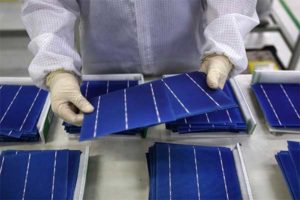
An employee performs a final inspection on solar cells on the production line at the Trina Solar Ltd. factory in Changzhou, Jiangsu Province, China in 2015. (CNN)
In its defence, filed in December, the CBSA argued that its actions were lawful and in line with its mandate to enforce trade and labour regulations.
The agency emphasized its authority to examine and, if necessary, detain goods suspected of being linked to forced labour. It stated that Charge Solar was aware of the potential risks when choosing to import solar panels from China, a country that has faced international criticism over alleged labour rights violations in its supply chains.
The CBSA also asserted that it owes no legal “duty of care” to importers, explaining that its primary responsibility is to uphold Canadian laws, even if decisions may adversely affect businesses. The agency warned against setting a precedent that could lead to “indeterminate liability” for border officers over routine enforcement actions.
Broader Context of Forced Labour Regulations
Canada’s crackdown on forced labour imports aligns with international efforts to address human rights abuses in global supply chains.

The Canada Border Services Agency is a federal law enforcement agency that is responsible for border control, immigration enforcement, and customs services in Canada. (Archive Photo)
The U.S., for instance, has enacted similar measures under the Uyghur Forced Labor Prevention Act, which bans goods linked to forced labour from China’s Xinjiang region. While these policies aim to promote ethical trade, critics argue they lack clear enforcement mechanisms, often leading to delays and uncertainty for importers.
The solar industry, which relies heavily on materials like polysilicon sourced from China, has been particularly affected. Companies must now navigate complex supply chain audits to ensure compliance with these regulations, even as global demand for renewable energy surges.
The delayed shipments have reportedly strained Charge Solar’s ability to fulfill contracts and maintain its market position. Industry analysts note that such disruptions could undermine Canada’s renewable energy goals, particularly as the country seeks to expand solar capacity to meet climate targets.
Balancing Trade Enforcement and Economic Growth
While enforcing labour rights is critical, the case highlights the need for a balanced approach that minimizes undue harm to businesses driving the clean energy transition. Clear guidelines and expedited review processes could prevent similar disputes, ensuring compliance without stifling innovation or growth in key industries like renewable energy.
For Charge Solar, the legal battle underscores the challenges companies face in navigating an increasingly complex global trade landscape.






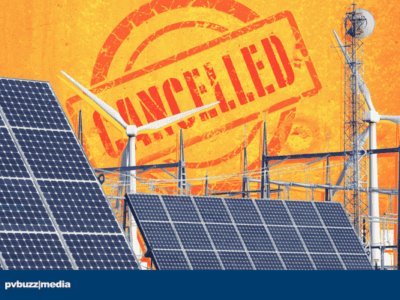
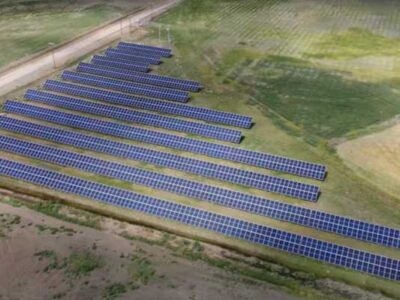
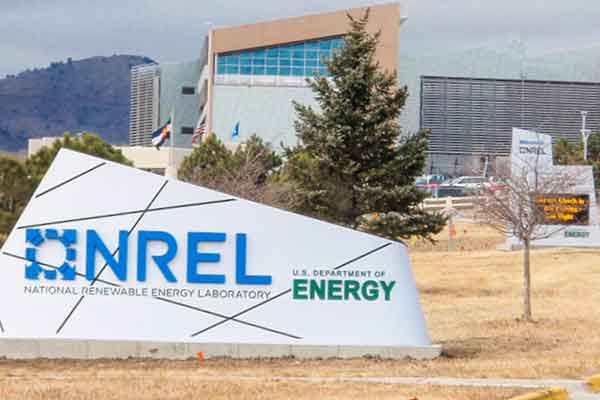

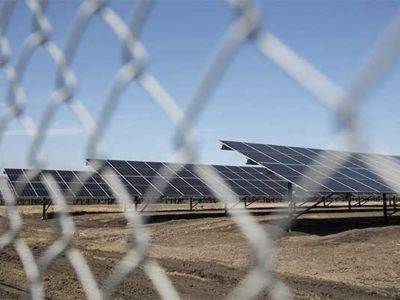



Comments